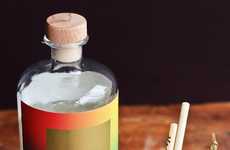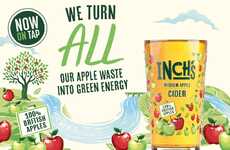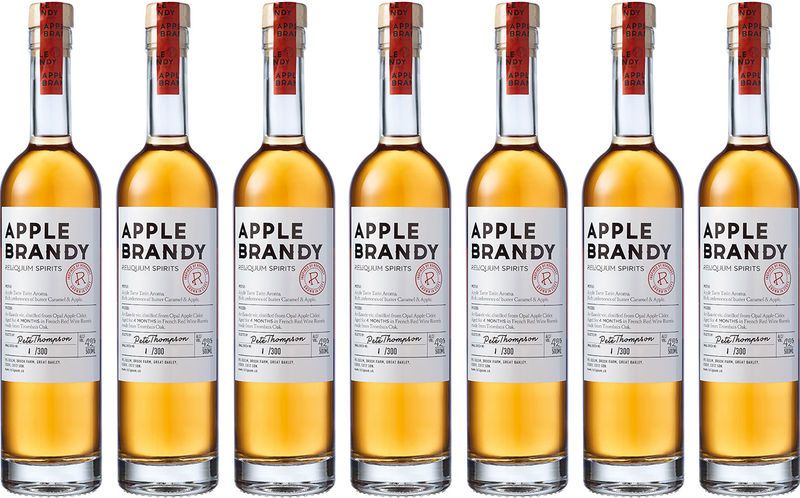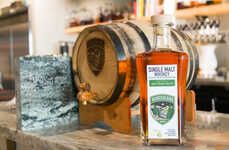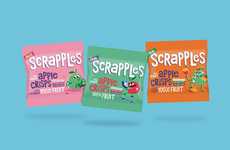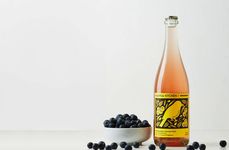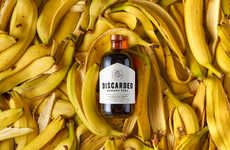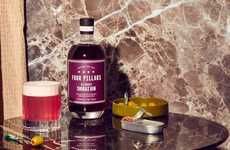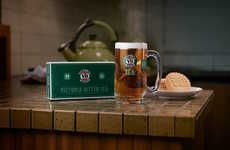
The Reliquum Brandy Makes Use of Waste in its Recipe
Michael Hemsworth — November 28, 2019 — Eco
References: reliquum.uk & foodbev
The Reliquum brandy has been unveiled by the UK-based spirits brand as a premium libation that makes use of an unlikely ingredient to transform perceptions of food waste amongst consumers. The brandy utilizes waste apples in the recipe that would otherwise be thrown away to help combat against the vast amount of food waste that's created on a global scale. The spirit uses 28 kilograms of apples per 500ml bottle and helps to divert them from going to waste to make it a more appealing product for consumers concerned about unnecessary waste.
The Reliquum brandy is made using Opal apples that are best described as a mix between Topaz and Golden Delicious varieties to ensure a premium flavor profile.
The Reliquum brandy is made using Opal apples that are best described as a mix between Topaz and Golden Delicious varieties to ensure a premium flavor profile.
Trend Themes
1. Waste Utilization - The use of waste ingredients in product recipes presents an opportunity for brands to tackle food waste and appeal to environmentally conscious consumers.
2. Premium Sustainability - Creating high-quality products using sustainable ingredients can help brands differentiate themselves and attract conscious consumers.
3. Perception Shift - Brands that challenge traditional perceptions of waste by transforming it into desirable products have the potential to shift consumer attitudes towards sustainability and waste reduction.
Industry Implications
1. Food and Beverage - The food and beverage industry can explore the use of waste ingredients to develop innovative product offerings and reduce food waste.
2. Spirits and Distilleries - Distilleries and spirits brands can leverage waste ingredients like apples to create unique and sustainable spirits that appeal to eco-conscious consumers.
3. Environmental Sustainability - The focus on waste reduction in the Reliquum brandy highlights opportunities for industries to promote and invest in environmental sustainability practices.
2.5
Score
Popularity
Activity
Freshness


